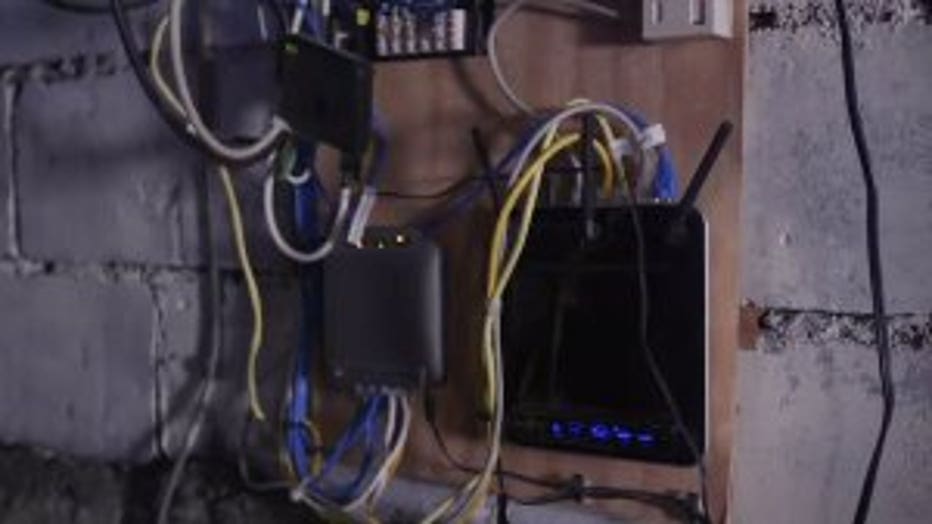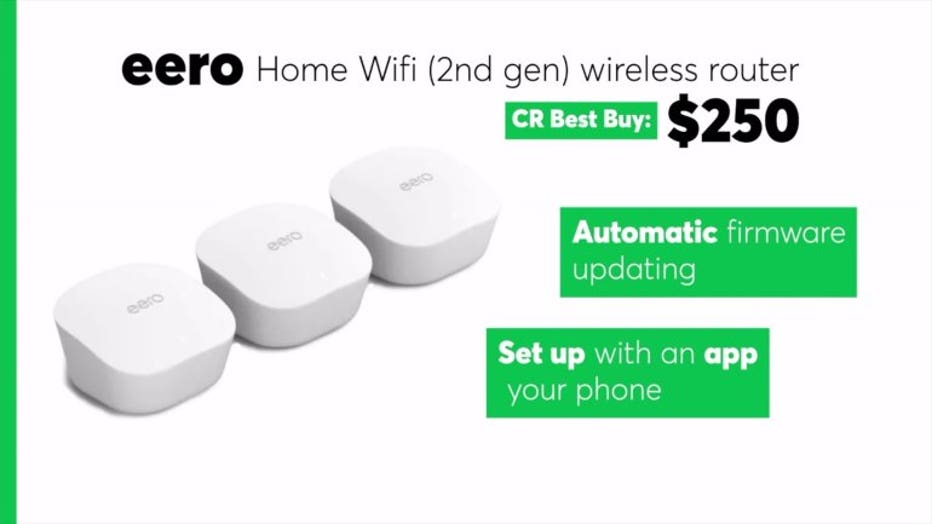A battle for bandwidth at home? Fix your WiFi woes
Chances are there's a battle in your home these days.
The prize? Precious bandwidth from your WiFi.

With parents working from home and some kids taking online classes, your internet signal is being stretched.
Consumer Reports says there’s good news! There are some easy ways to fix your WiFi woes.
First, locate your router and understand what it does.

Think of a router as an electronic traffic cop. What it does is directs the internet connection from your internet service provider throughout your home in the form of WIFI.
But there’s a lot more to getting a good signal than just buying a good router...like knowing where to put it.
And for the best results, you should place your WiFi router in the center of your home, so the signal can reach as much of your home as possible.
It’s also helpful to know which items in your house can act as a WiFi roadblock—other than
brick walls, floors, and closed doors.
That includes refrigerators, microwaves, or other appliances- where the WiFi signal may bounce off and not pass through. But that’s not all…
Water absorbs radiation, so your WiFi may have trouble near pools, tubs, and even a fish tank.
If these tips don’t help, or if you’ve got a house full of newer devices, it may be time to
consider a new router, especially if your current model is more than three years old.
If you live in a smaller space and don’t have many obstructions, Consumer Reports recommends the Synology RT2600ac for around $200. It has automatic firmware updating and testers say it’s easy to set up.

But if you live in a larger home or just can’t quite reach the far corners where you need WiFi
the most, consider a Mesh Network-style router that works with a hub and satellite units to
spread the WiFi signal throughout your home.
And Consumer Reports recommends the Eero Home WiFi.
It’s a Consumer Reports Best Buy that costs about $250.

It has automatic firmware updating and can be set up easily using an app on your phone.
If you live in an older house and are having WiFi issues, Consumer Reports says thick walls might be to blame—because they can absorb your WiFi signal.
Consumer Reports recommends using a mesh network- and putting a unit near the room where you need a signal boost.

All Consumer Reports material Copyright 2019 Consumer Reports, Inc. ALL RIGHTS RESERVED. Consumer Reports is a not-for-profit organization which accepts no advertising. It has no commercial relationship with any advertiser or sponsor on this site. Fo

